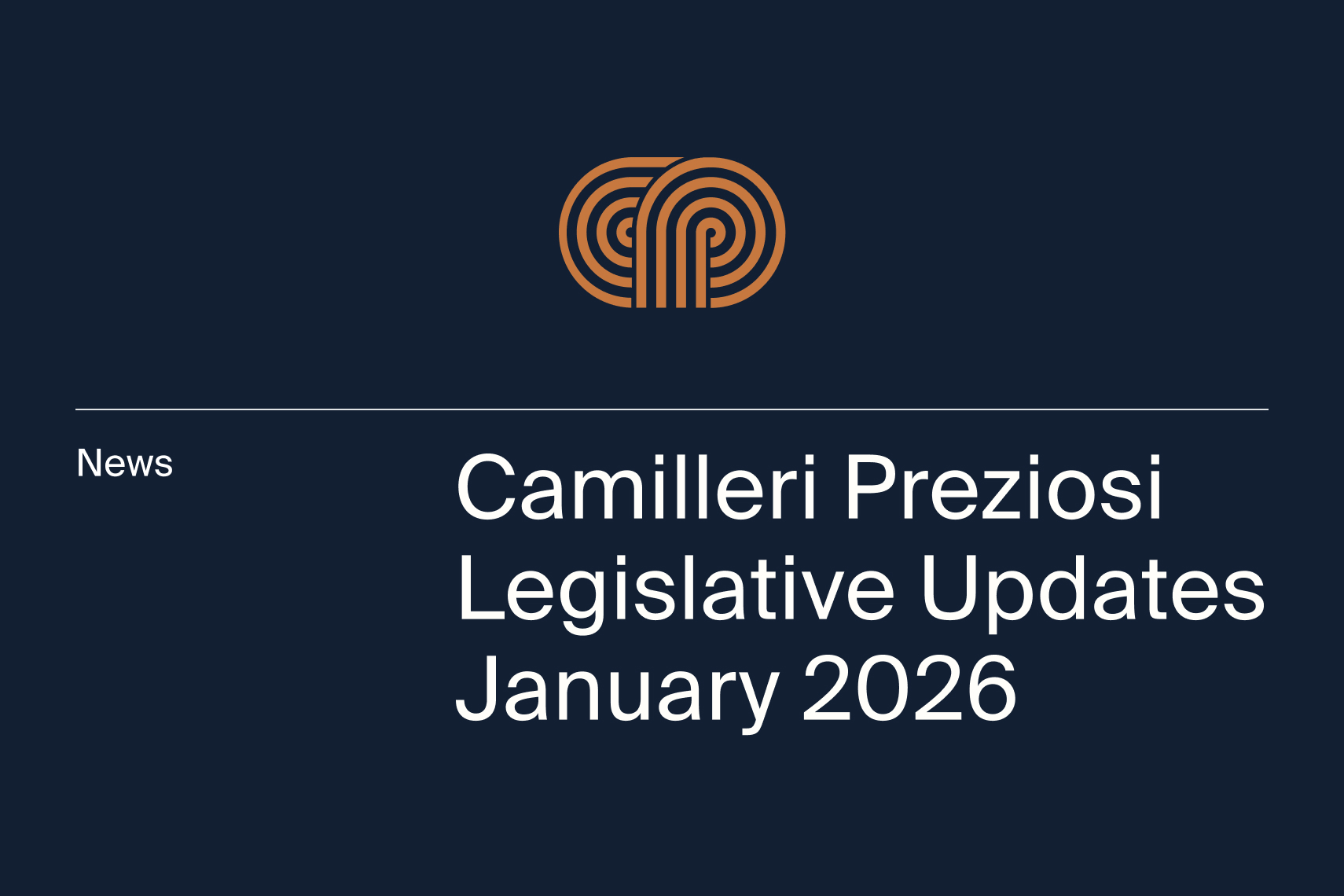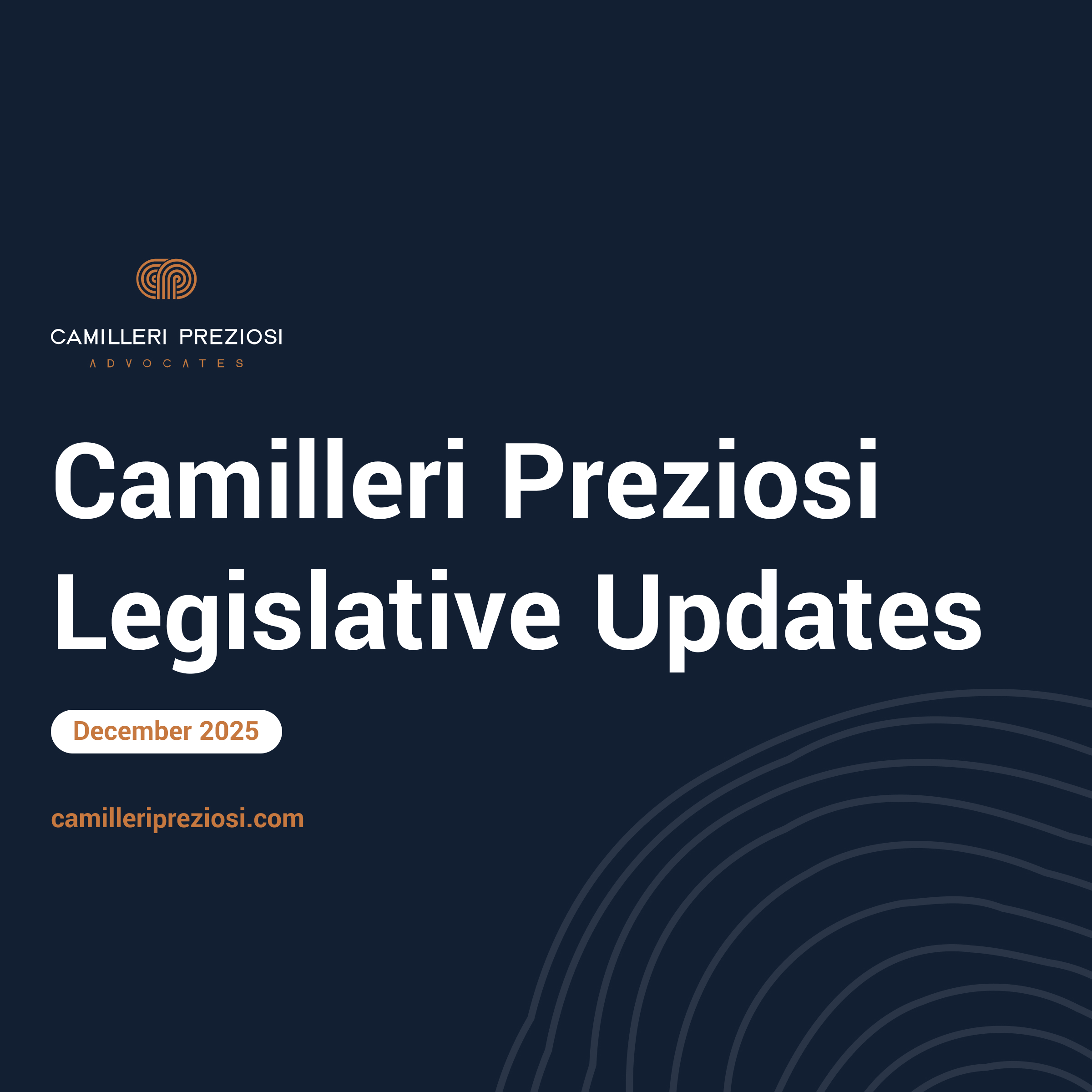
On 30 September 2025, the European Commission announced two complementary initiatives designed to advance the Savings and Investments Union (“SIU”) and strengthen retail investor engagement across Member States. The comprehensive package comprises a Financial Literacy Strategy and a Recommendation establishing a blueprint for Savings and Investment Accounts (the “SIA Recommendation“).
The Financial Literacy Strategy
The Financial Literacy Strategy aims to address persistently low financial literacy levels across the European Union (“EU”). The Commission cites 2023 Eurobarometer data which noted that less than one-fifth (18%) of EU citizens possess high financial literacy, with significant differences across Member States and demographic cohorts. The Financial Literacy Strategy is intended to equip citizens with the knowledge and skills necessary to budget effectively, avoid scams and fraud, save more efficiently and invest confidently for their future.
The Financial Literacy Strategy is structured around four mutually reinforcing pillars, as follows:
Coordination and best practices: The Commission will work with stakeholders to define key thematic priorities and identify best practices, supporting collection and exchange with Member States to facilitate mutual learning and foster convergence of approaches, with potential areas including initiatives to foster “teaching of teachers and trainers” or financial inclusion targeting specific groups such as those with low income, women, children, youth or older people. In parallel, the Commission will promote and assist in developing a European code of conduct for private and not-for-profit organisations providing financial literacy initiatives, to be principle-based and developed jointly by relevant stakeholder representatives, ensuring that objectives are transparent and educational content is accurate and unbiased. The code of conduct will be developed by Q1 2027, with Member States encouraged to incorporate it into their national financial literacy strategies.
Communication and awareness raising: An EU-wide campaign will bolster existing national actions, focusing on personal finance skills including budget planning, retirement planning, debt management, risk management, and fraud and scam prevention, with sufficient flexibility to support tailored national approaches catering for specific target groups such as people with disabilities, women, young, older and low-income people. The campaign would support broader SIU objectives of fostering “an investment culture” and raising awareness about risks and opportunities of investing, including risk-return trade-offs and benefits of diversification, highlighting the benefits of Savings and Investment Accounts in facilitating participation in capital markets.
Funding for financial literacy initiatives including for research: The Commission will encourage Member States to make best use of existing funding channels including Erasmus+, the Single Market Programme, the Technical Support Instrument and the European Social Fund Plus to finance financial literacy initiatives under the current Multiannual Financial Framework.
Monitoring progress and assessing impacts: The Commission will conduct a second Flash Eurobarometer survey on financial literacy in 2027 and continue to do so regularly afterwards, enabling tracking of financial literacy developments and progress in all EU Member States through a common measurement framework. Financial literacy will continue to be assessed in country reports as part of the European Semester framework, with analysis potentially feeding into country-specific recommendations.
The Savings and Investment Accounts Recommendation
EU citizens have one of the highest savings rates in the world, yet often, due to a combination of factors, they do not get the most out of their savings. Such factors include insufficient financial literacy, complex investor journeys and fragmented financial services markets resulting in lack of competition and limited choices. SIAs enable individuals to invest in financial instruments such as shares, bonds and units of collective investment undertakings, often with tax benefits. The Commission has noted that evidence from successful SIA frameworks shows that, when designed properly, they can make capital markets more attractive and accessible to retail investors, helping them build their wealth more effectively.
The SIA Recommendation is adopted under Article 292 of the Treaty on the Functioning of the European Union and encourages Member States to review their existing SIA frameworks or establish new frameworks with the characteristics outlined in the SIA Recommendation. Drawing on best practices from the EU and internationally, the Commission considers that SIAs should include a number of key features, such as:
A wide array of providers: all financial services providers authorised under EU legislation to offer relevant services should be permitted to offer SIAs, irrespective of the Member State in which they are authorised, with cross-border providers not required to comply with any additional requirements;
Simplicity: SIAs should provide a simple, reliable, secure and easily accessible experience for retail investors, both online and offline;
Flexibility: no minimum amount should be imposed for opening an SIA or for regular payments, and investors should be allowed to open multiple SIAs, including with different providers;
Broad investment opportunities: SIAs should provide access, at a minimum, to shares, bonds, and shares or units in UCITS, with Member States able to extend the scope to other adequate financial instruments while excluding highly risky and complex instruments and crypto assets, other than those qualifying as eligible financial instruments;
Tax incentives: Member States are recommended to introduce tax incentives ensuring SIAs receive the most favourable tax treatment available, through measures such as deductions, exemptions, deferrals, or uniform tax rates; and
Simplified taxation process: Member States should ensure simple tax compliance procedures by enabling SIA providers to offer tax collection services on behalf of account holders and, or share relevant data with tax authorities to pre-fill tax returns.
The Commission encourages Member States to regularly report on the measures taken to implement the SIA Recommendation through the SIU-related monitoring processes. A Midterm Review of the Savings and Investments Union strategy will be published in 2027. In the interim, the Commission has encouraged Member States to carry out awareness-raising campaigns to inform the public on the benefits and risks of investing and of the use of SIAs, which may be linked to, or form part of, broader financial literacy initiatives.
The Commission will work closely with Member States and stakeholders to implement the Financial Literacy Strategy and monitor the take-up of its SIA Recommendation.
For more information on the Financial Literacy Strategy, SIA Recommendation, and SIU feel free to get in touch with our Capital Markets Team on capitalmkts@camilleripreziosi.com.









